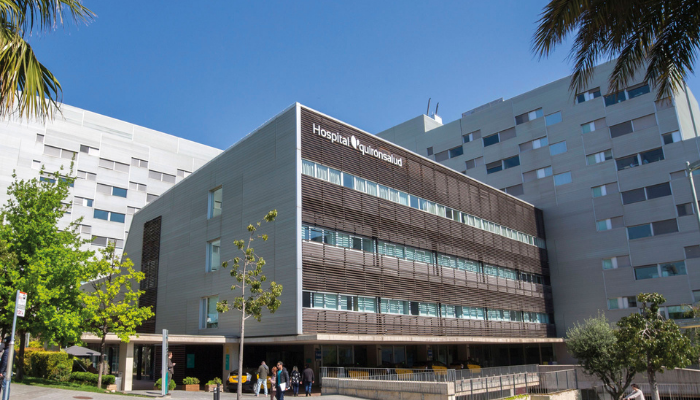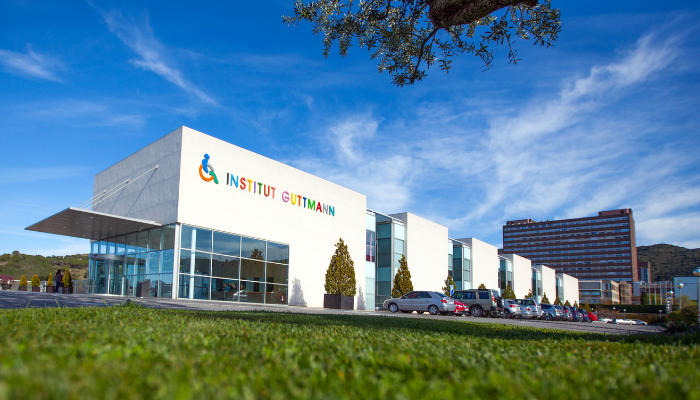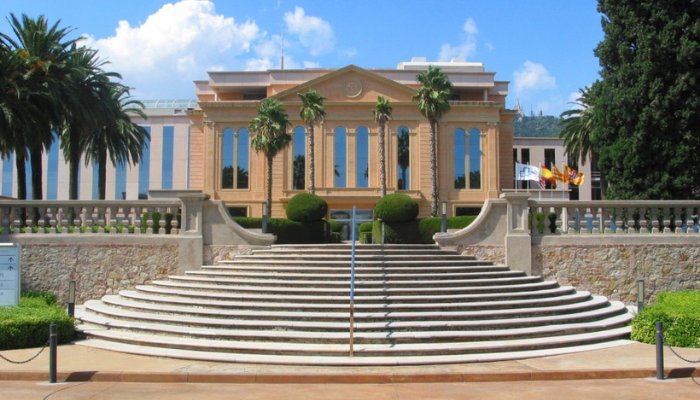Cerebrovascular Accident (CVA) or Stroke treatment in Spain
Stroke is a cerebrovascular disease that occurs when there is a rupture or blockage in a blood vessel, reducing blood flow to the brain. Because the blood does not reach the brain in the necessary quantity, the nerve cells do not receive oxygen and stop functioning.
According to data from the Spanish Society of Neurology’s Cerebrovascular Disease Study Group, 650,000 people die of this disease in Europe, of which around 40,000 in Spain.
There are two types of stroke:
- Ischaemic stroke or cerebral infarction:
Ischaemic stroke, or cerebral infarction, occurs when an artery becomes blocked, usually by a blood clot or thrombus. The thrombus partially or totally limits blood flow, reducing the amount of oxygen reaching the brain. - Haemorrhagic stroke:
Haemorrhagic stroke is the least frequent of the cases, between 10 and 15% of cases. It occurs when a blood vessel (vein or artery) ruptures, resulting in a haemorrhage inside the brain. Oxygen stops reaching the brain, so nerve cells stop functioning and die within minutes.
Another important cause of stroke is atrial fibrillation. It is the most common type of arrhythmia and is a major health problem and increases the risk of cardiac events.
Can we help you?
In a few moments, one of our specialists will contact you.







